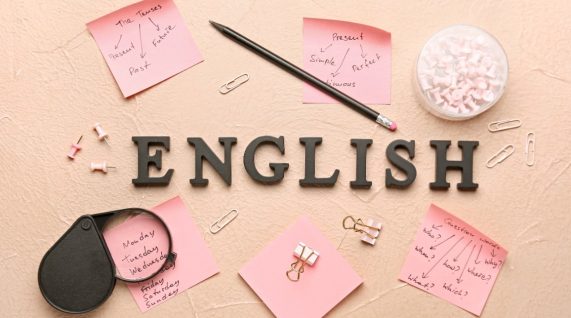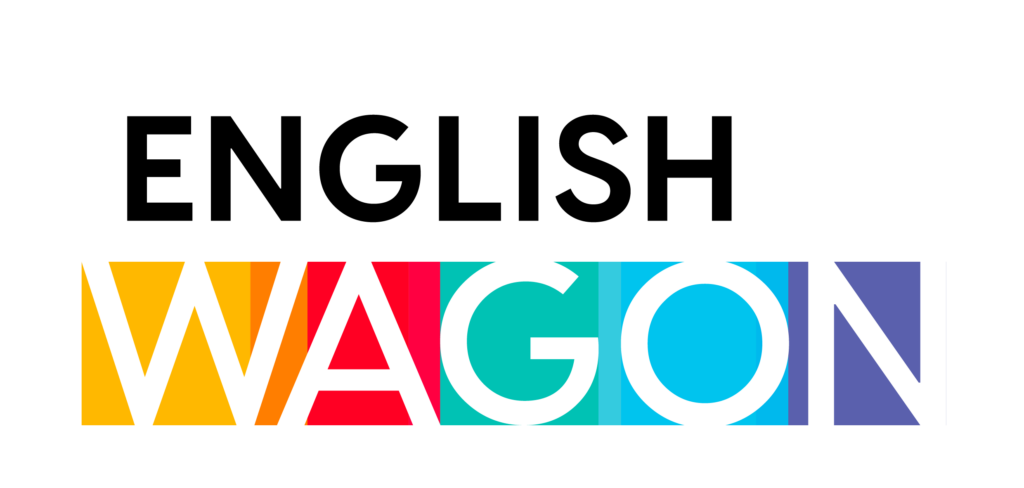Conquering Confusing Verb Tenses: A Beginner’s Guide
Do you ever feel lost in a maze of “was,” “were,” “has been,” and “will have been”? Verb tenses can be a major stumbling block for new English learners. But fear not! This guide will equip you with the knowledge and strategies to confidently navigate the world of verb tenses.
Understanding the Basics:
Verbs tell us about actions, states of being, or occurrences. Verb tenses specify when these actions take place, whether it’s in the past, present, or future. Here’s a breakdown of the three main verb tense categories:
- Past Tense: Used to talk about actions or events that happened in the past. (e.g., I went to the store yesterday. She ate breakfast this morning.)
- Present Tense: Used to talk about actions happening now, habits, or general truths. (e.g., I study English every day. The sun shines brightly.)
- Future Tense: Used to talk about actions or events that will happen in the future. (e.g., I will travel to Europe next year. They are going to watch a movie tonight.)
Commonly Confused Verb Tenses:
Now, let’s tackle some verb tenses that often cause confusion:
- Simple Past vs. Present Perfect: The simple past describes a completed action in the past, with a clear time reference. The present perfect describes an action completed at an unspecified time in the past or one that has a connection to the present. Here’s a breakdown to help you differentiate:
- Simple Past: I lived in France for two years. (Action completed in the past, specific timeframe)
- Present Perfect: I have lived in three different countries. (Action completed in the past, no specific timeframe, focus on the total experience)
- Present Continuous vs. Simple Present: The present continuous describes an action happening now or around now, often with a temporary nature. The simple present describes a habitual action or general truth.
- Present Continuous: She is cooking dinner right now (action happening at this specific moment).
- Simple Present: She cooks dinner every night (habitual action).
- Future Simple vs. Future Continuous: The future simple describes a one-time action that will happen in the future. The future continuous describes an ongoing action that will be happening at a specific time in the future.
- Future Simple: I will visit my grandma next weekend. (One-time action)
- Future Continuous: They will be studying for their exams all afternoon tomorrow. (Ongoing action at a specific future time)
- Present Perfect Continuous vs. Simple Past: Both can describe actions completed in the past, but the present perfect continuous emphasizes the duration of the action.
- Simple Past: I cleaned the house yesterday. (Action completed in the past, no emphasis on duration)
- Present Perfect Continuous: I have been cleaning the house all morning. (Action completed in the past, emphasizes the ongoing nature of the cleaning)
- Past Perfect vs. Past Continuous: The past perfect describes an action that happened before another past action. The past continuous describes two ongoing actions that happened at the same time in the past.
- Past Perfect: I had finished eating by the time she arrived. (The action of finishing eating happened before she arrived)
- Past Continuous: We were playing outside while it was raining. (Both playing and raining were ongoing actions happening at the same time)
Tips for Mastering Verb Tenses:
- Practice Makes Perfect: Regularly complete exercises and analyze sentences to solidify your understanding.
- Pay Attention to Context: Clues in the sentence like time phrases (e.g., yesterday, tomorrow, next week) can help identify the correct tense.
- Use a Time Travel Analogy: Imagine yourself traveling through time to visualize when the action takes place.
Bonus Tip: Pay attention to how verb tenses are used in everyday conversations, movies, and songs. This will help you develop a natural understanding of their usage.
Remember: Mastering verb tenses takes time and practice. Don’t get discouraged if you make mistakes! By following these tips and staying consistent, you’ll be well on your way to conquering those confusing verb tenses and expressing yourself clearly in English.





